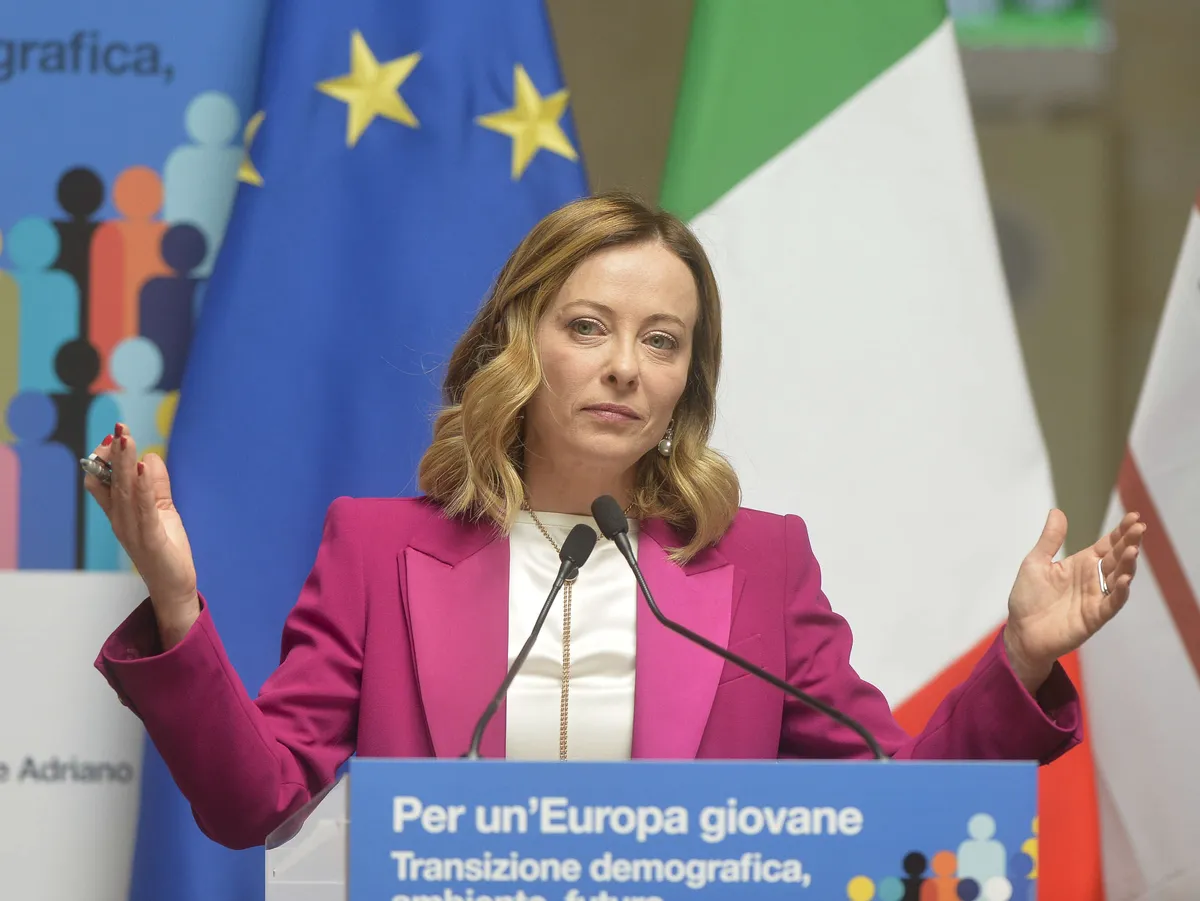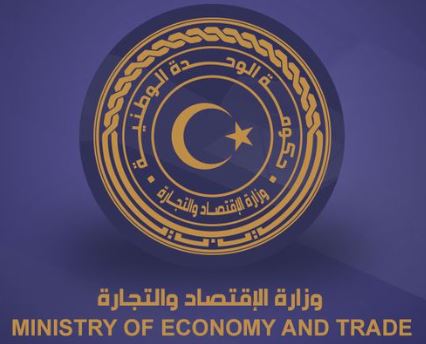In the world of far-right politics, three European parties stand out for their hardline views and commitment to traditional values: Germany’s AfD, France’s National Coalition, and Italy’s Fratelli d’Italia. These parties share a strong sense of nationalism, hostility towards immigrants and Islam, and authoritarianism.
What sets these parties apart is their leadership. Alice Weidel leads the AfD in Germany, Marine Le Pen heads the National Coalition in France, and Giorgia Meloni leads Fratelli d’Italia and serves as Prime Minister of Italy. Despite their different backgrounds, these women have all made a name for themselves in their respective countries.
While the three parties share many similarities in their beliefs, there are also key differences among them. For example, Fratelli d’Italia has taken a different stance on Russia than both the National Coalition and the AfD. Giorgia Meloni has shifted her position to be less pro-Russia, while Marine Le Pen has distanced herself from her previous pro-Russian stance.
Another area where these parties differ is on their EU positions. While Weidel has indicated support for Germany leaving the euro and the EU altogether, Meloni and Le Pen have softened their criticisms of the European Union. In particular, Meloni has been critical of the European Central Bank’s monetary policy.
As they prepare for upcoming elections in Europe, these three parties are starting from different positions within parliamentary groups such as ECR (European Conservatives and Reformists) or ID (Identity). There is speculation that the National Coalition may join ECR group but nothing is yet decided by Le Pen who still remains undecided about her party’s future in Europe.



